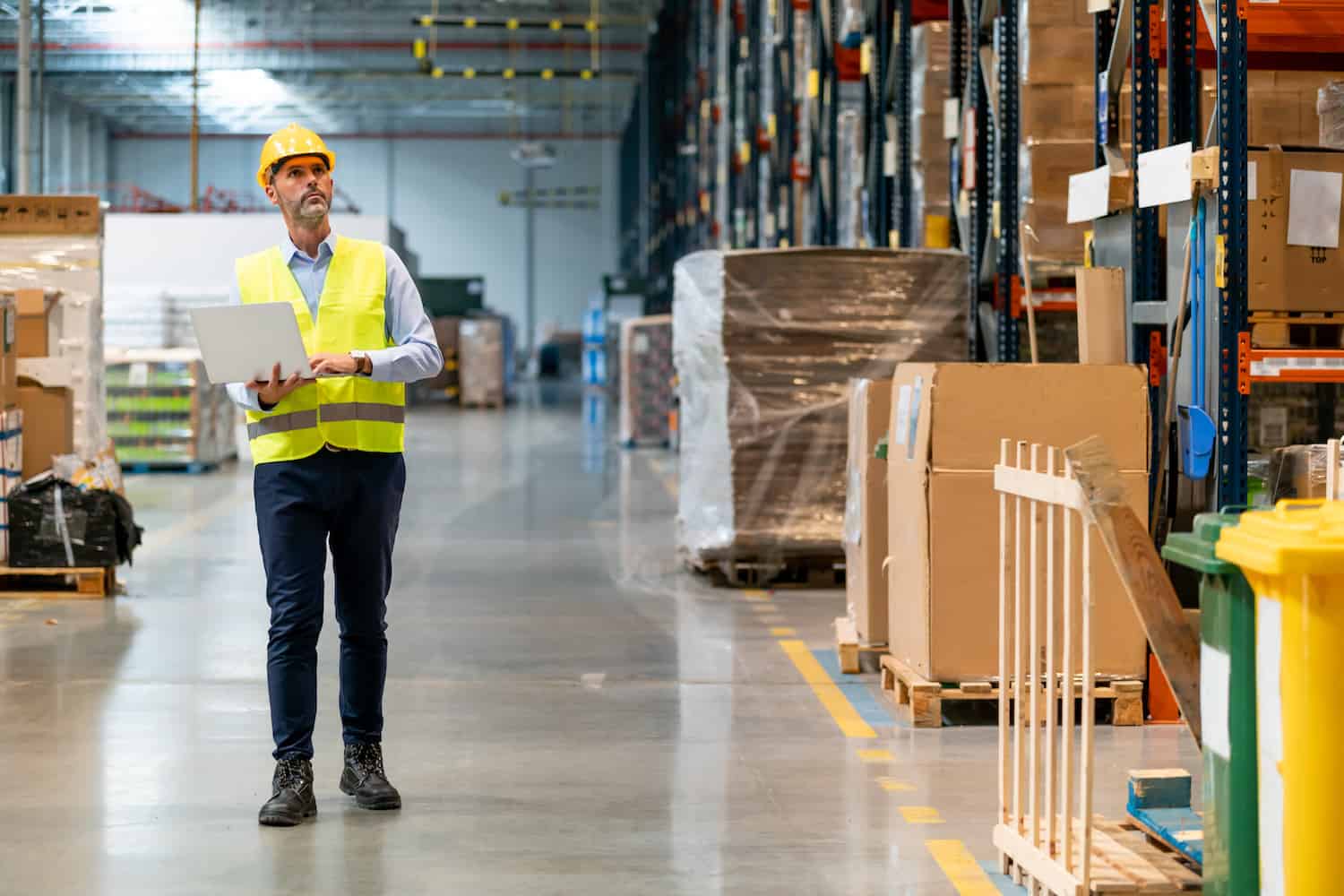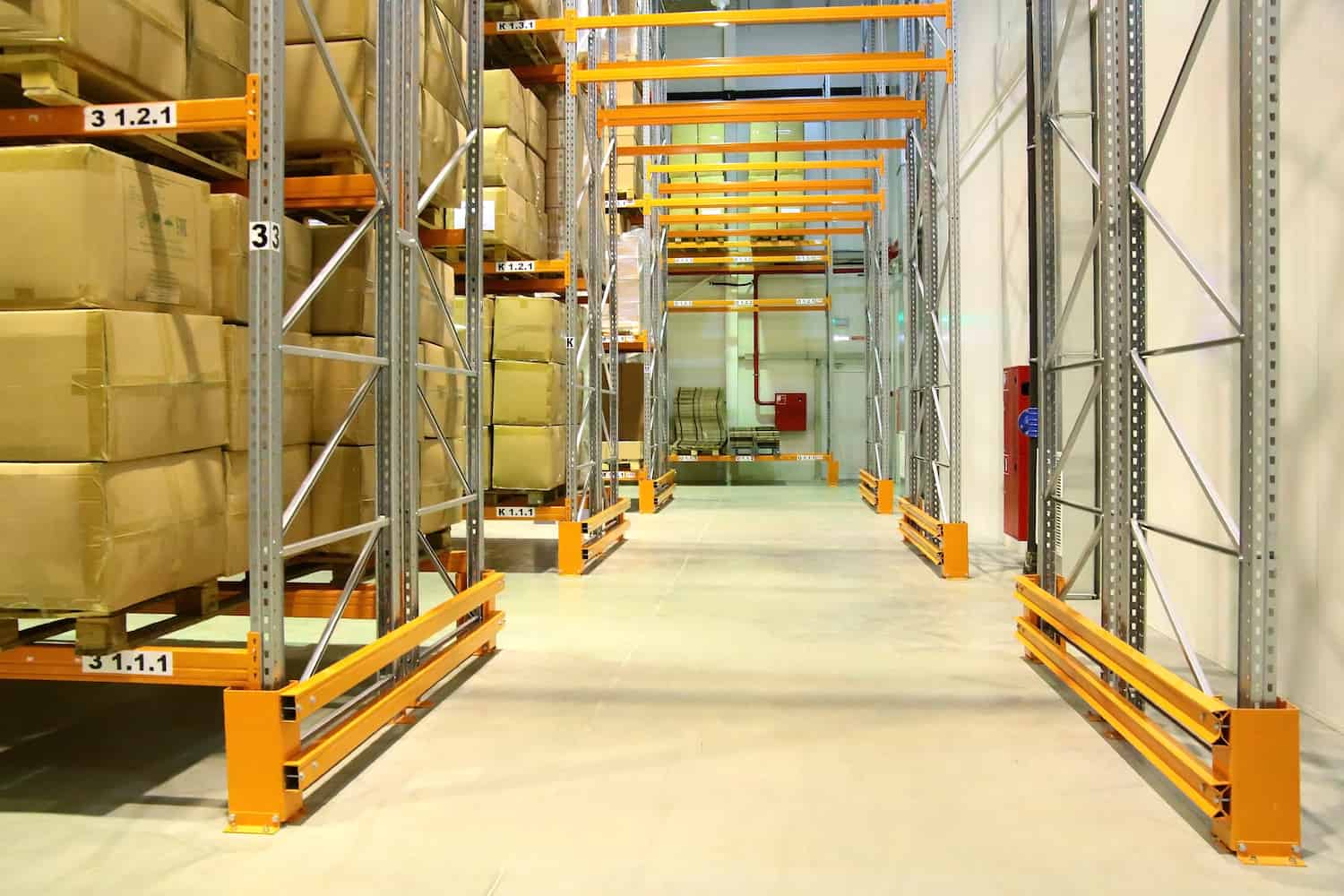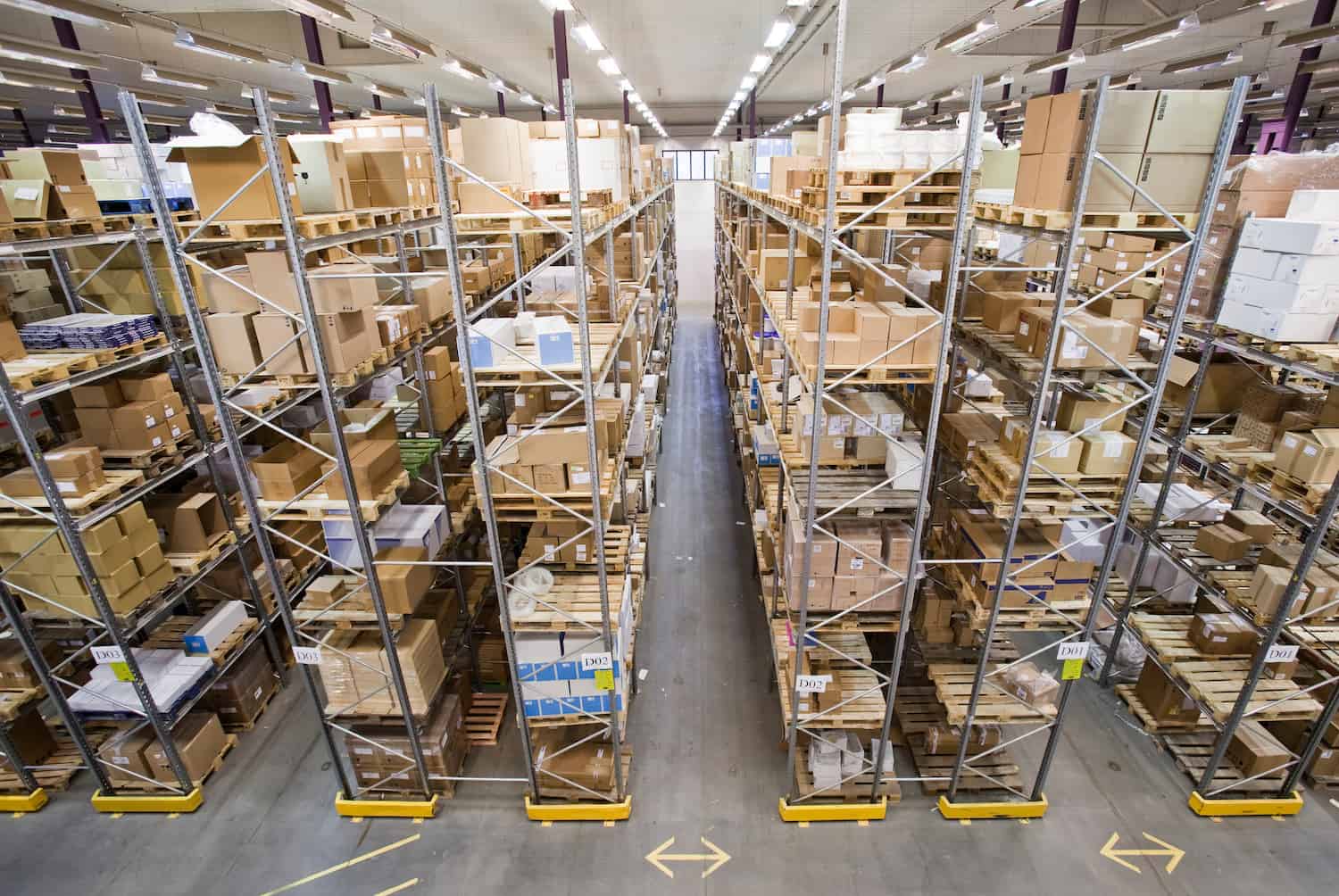For businesses that are growing quickly, expanding manufacturing operations to secure overseas locations is often a logical next step to keep up with demand from customers while also saving money.
Unfortunately, operations can become quite complicated (and costly) if your warehouse doesn’t have the proper:
- tools
- operating procedures
- processing
- warehousing
- or shipping
Customs bonded warehouses can be a valuable asset for all kinds of companies and enterprises who need to keep up with new, higher demand.
If you’re curious about how exactly a customs bonded warehouse works, you’ve come to the right place. This complete guide covers the ins and outs of bonded warehousing, so you can determine if it’s the right move for your budding business.
What Is Bonded Warehousing?
Bonded warehouses are buildings where imported goods are stored, manipulated, or undergo manufacturing operations free from duties and are generally located in a foreign country. Simply put, a bonded warehouse is a duty-free zone for restricted goods or imported goods.
These specialized storage services can help enterprises across industries to store goods internationally until all necessary paperwork is complete and duties are paid. Essentially, you’re storing goods with deferred duties.
Bonded warehouses are commonly used for storing restricted goods like tobacco, alcohol, antiques, artwork, and other restricted items from certain countries for processing prior to delivery to their final destination. Bonded warehouses are also beneficial for business models that require specialty services such as deep freeze or bulk liquid storage.
While within the bonded warehouse, items may be manipulated by the warehouse proprietor or put under the supervision of customs control or the customs authority. If, after manipulation and during the warehousing period, stored goods are withdrawn for international shipping and consumption, your business may not have to pay duties. Alternatively, the goods stored in a customs bonded warehouse can be withdrawn after paying duty to either the government or a private entity.

Different Kinds of Customs Bonded Warehouses
Tapping into a bonded warehouse operation for importing goods or to store goods can help you save money, improve supply chain management and operations, provide faster delivery, and minimize the amount of payment and paperwork required to export your goods efficiently.
If you’re considering using a customs bonded warehouse for your company’s shipping and processing, it’s crucial to educate yourself on the wide range of bonded warehouse types before settling on the model that makes the most sense for your enterprise.
Take time to explore each type of warehouse, described in-depth here, to make an educated decision for your own operations.
Covering Customs Duties
Now that you know a little bit more about the different kinds of customs bonded warehouses, we can discuss how to pay taxes properly, or if you even need to cover import duties in the first place. In cases of government-owned or a public bonded warehouse, the customs bond must be paid directly to the government.
Private bonded warehouses work a little differently. Work with your warehouse proprietor to learn more about the logistics, paperwork, and payment of duty required when you store goods and cargo in these kinds of places.
Unlike a non-bonded warehouse, when goods leave bonded warehousing, exporters are often off the hook for the payment of duties. Being able to store goods safely while also cutting a few corners regarding costs is one of the primary reasons importers and exporters alike choose to utilize these kinds of warehousing.
Common Goods to Store in a Bonded Warehouse
If you’ve ever been to an airport, you’re likely already familiar with the idea of customs duty taxes. The duty-free stores you’ve seen in these locations commonly carry an exclusive selection of stock that comes primarily from foreign importers. These restricted goods are probably exported from a customs bonded warehouse before arriving at their final destination because company owners can often avoid having to pay duties as they would at a non-bonded warehouse.
A wide assortment of items can be held in this kind of warehousing, where duties are deferred until the goods are finally withdrawn by exporters. Between long-term storage options, the storage of bulk liquids under reliable regulatory supervision, and the fact that duties are deferred until the goods leave the warehouse, taking advantage of government or privately owned customs bonded warehousing can be hugely beneficial for any kind of company.
Examples of bonded goods you can typically find in a customs warehouse include:
- Alcohol
- Tobacco products
- Gourmet chocolates
- Perfume, skincare, and cosmetics
- Antiques
- Original artwork and paintings
- Coffee
- Specialty candy
- Handbags
- Watches
- Luxury clothing and accessories (sunglasses, jewelry, etc.)
- Electronics
- Other restricted goods
Bonded vs. Non-bonded Warehouses: What’s the Difference?
When comparing a customs warehouse to a non-bonded warehouse, there is one primary difference. In non-bonded facilities, duties on the stored goods are already paid for, while bonded storage is related to unpaid customs and duty taxes.

Benefits of a Customs Bonded Warehouse
There are many reasons companies across industries choose to utilize customs bonded warehouses. It can be a hugely beneficial business move whether you’re an importer or exporter. Explore the benefits of storing goods in customs bonded warehouses below:
Easy International Shipping
Whether you store inventory overseas in different countries or utilize a customs bonded warehouse stateside for storing restricted goods, Shipping bonded goods from these warehouses is simple. You can both import and export items from bonded warehouses, but duty taxes (tariffs) are only paid on imported goods.
Long-term Storage Options
You can store items in customs bonded warehouses for extended periods, allowing you to defer payment of any duty taxes until you’re certain the items are paid and ready for shipment. It’s a secure location to store items until they’re exported.
Around-the-Clock Access to Stored Goods
When you use a bonded warehouse, you will have the ability to access stored items at any time. This allows importers and exporters alike to organize and prepare goods prior to shipment, improving overall logistics operations.
Customer Service Improvements
With major improvements to the way you manufacture, process, and distribute your products, you can spend more time focusing on customer service and exceeding your customers’ expectations.
Helps Save Money
Since duties and taxes are deferred until the goods leave the warehouses, a customs bonded warehouse can save your company money. This way, you won’t have to pay anything upfront until you’re ready to fulfill orders and complete shipments with the cash already on hand.
Extensiv Can Cover All of Your Warehouse Management Needs
Is your company considering taking advantage of a customs bonded warehouse to improve the efficiency levels of your logistics operations? If that’s the case, you can’t go without the proper tools and technology to handle higher inventory levels and shipping volumes.
When you require the right tools to take your enterprise to the next level, look no further than the trusted team at Extensiv Warehouse Manager. We offer cloud-based inventory management software, so you can make the most of your experience using a customs bonded warehouse.
Contact Extensiv today to learn more about the valuable range of tools, technology, and resources we offer so you can start managing your bonded warehouse inventory the right way.
-
You’ll read about:
Be the first to know
Subscribe to our newsletter





